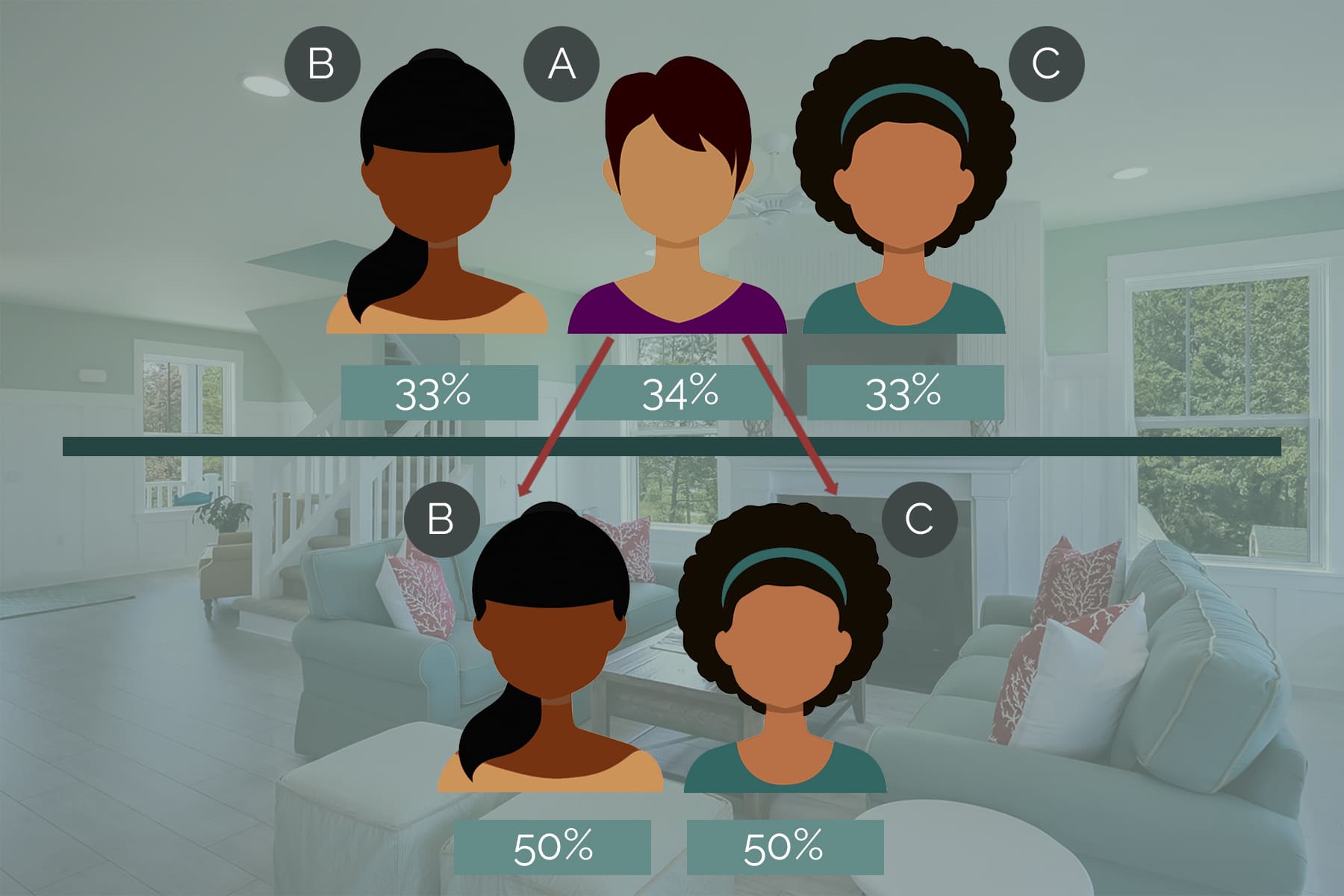Updated on November 24, 2023
Understanding Joint Tenancy and Its Implications
Joint tenancy is a common way of holding property title, especially among family members or close partners. It’s characterized by equal ownership and the right of survivorship, meaning that upon the death of one owner, their interest in the property automatically passes to the surviving joint tenants. This article delves into what happens to property held in joint tenancy after the death of all joint tenants, a scenario that raises important legal considerations.
Joint Tenancy: A Brief Overview
Joint tenancy is established through a deed, will, or other transfer, declaring two or more persons as joint tenants. This form of co-ownership is distinct because it bypasses the probate process upon the death of an owner. For example, if three individuals (A, B, and C) own a property as joint tenants, and one of them passes away, the deceased’s interest is automatically transferred to the surviving owners.
Scenario: Death of All Joint Tenants
When all joint tenants pass away, the situation becomes more complex. The property doesn’t automatically transfer to any surviving family members or heirs as it would in the case of a single joint tenant’s death. Instead, the property becomes part of the last deceased tenant’s estate and is subject to probate unless other estate planning measures, like a trust, are in place.
Clearing Title After Death
For the surviving family or heirs, clearing the title to the property is a crucial step. If there’s no dispute over the property and a death certificate is available, title clearance can be relatively straightforward, involving the recording of an affidavit of death and the death certificate in the relevant county. However, in cases of dispute or absence of a death certificate, court proceedings may be necessary to clear the title.
Seeking Professional Legal Assistance
Given the complexities involved in clearing title after the death of all joint tenants, consulting with a professional real estate attorney is advisable. An experienced attorney can guide you through the process, ensuring that the property is legally transferred and all necessary legal steps are taken.
Conclusion: Navigating Joint Tenancy with Legal Expertise
Our professional real estate attorney at Schorr Law has experience clearing title to real property after the death of a co-owner or in various other situations. To see if you qualify for a free 30-minute consultation contact us by phone at (310) 954-1877 or by email at info@schorrlaw.test2.redblink.net.
